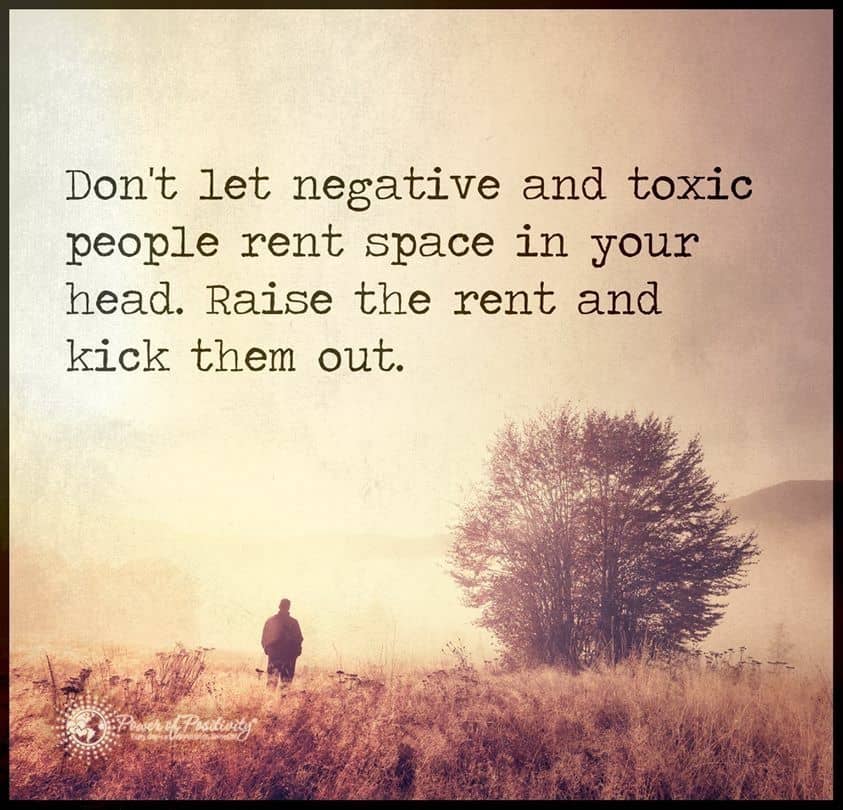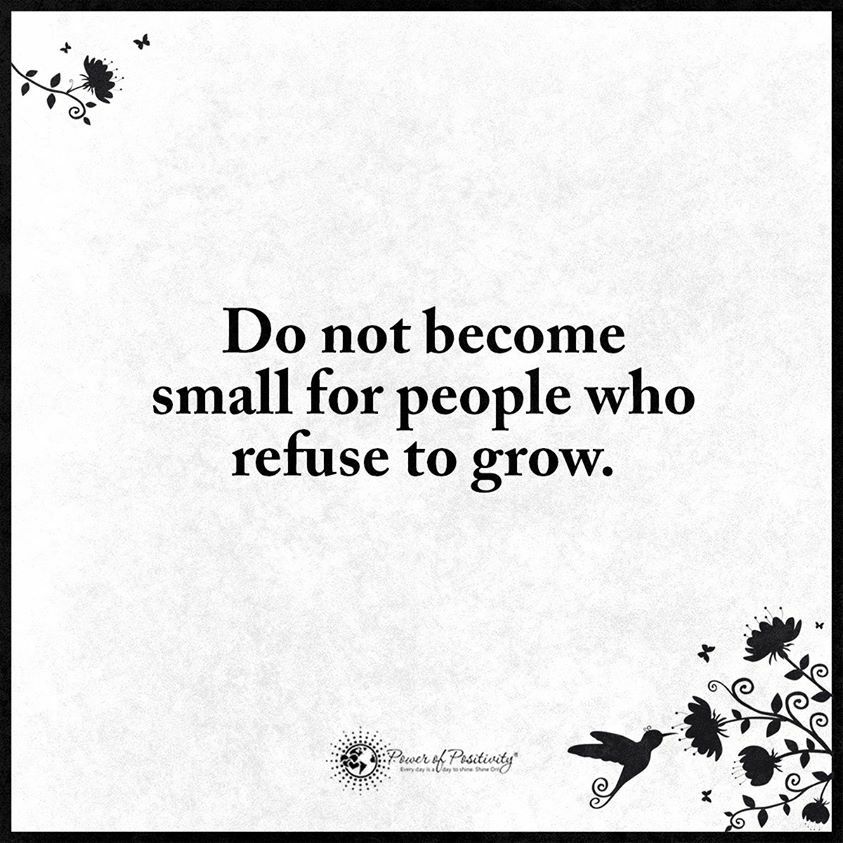Hey you there! Yes, you Sir. Why are you so nice? I hate to break it to you, my friend, but that is NOT what the ladies stereotypically like.
Why? Let us tell you what it means for a girl to come across Nice Guy Nigel.
Why Nice Guys Really Do Finish Last
Neil Strauss, otherwise known in his field of expertise as “Style”, states that:
1) Nice Guys are liars
That is harsh, surely? In fact, it is not. Nice Guy Nigel, from now known purely as Nigel, gets put in the dreaded FRIEND ZONE in one of two ways, states Strauss.
Scenario #1: Nigel asks the girl out but gets the “Let’s Just Be Friends” talk, so he tries to remain in her life hoping that she will somehow change her mind and start to think of him in a more romantic sense, which invariably never happens.
Scenario #2: Nigel does not ask her out but lingers in her life, hoping that she will see him as an adonis and cannot help but desire him, which also invariably never happens. There is a saying from North-East England: “Shy bairns get nowt,” which means that if you do not ask, you do not get.
He remains “friends” with her to upgrade himself to boyfriend on the flight of love, yet neither First Class, nor Business Class are available and the airport lounge is off limits. In fact, Nigel is lucky that he is on the plane at all!
2) Nice Guys want us to feel sorry for them once the inevitable happens
Nigel believes that he is investing in a “relationship” when the girl only thinks of him as a friend, if anything. It is about moi with Nigel and his ilk. “How dare she take advantage of my good nature?” he writes on social media. “I was always there for her when she needed me. *sob*” In other words, he is upset about being “led up the garden path” by her, even though she has specifically told him that she is not interested or does not even know he is her suitor. What a horrible person she is for making Nigel talk awfully about her!
3) We should listen to the ladies’ point of view
How do they feel about Nigel? They feel betrayed, hurt, and believe that he lied to them. They let a guy into their lives, telling him their deepest secrets and sharing sensitive, personal things with him, all because of this pseudo-friendship and the gaining of information on them just to sleep with or be in a relationship with them. Yet Nigel is the “innocent victim” in this and the ladies are the mean ones. Of course, rejection hurts and everyone experiences it. It hurts on so many levels with so many types of relationships, not just romantic ones. However, you cannot condone this kind of behaviour, from others or yourself. Strauss should know; he WAS Nigel on plenty of occasions. The writer of this article is also a man.
In summary, there are two things to consider:
I) There is nothing wrong with being real friends with women, Nige. Women are some of the most sensitive, caring beings this world has to offer. Who knows? If you treasure that friendship with her, you may even find that she will set you up with a good friend of hers or a work colleague. There are many options out there, and not every woman in the world will be repulsed by your true self.
Related article: 5 Reasons Women Fall for The Wrong Guys
II) Being honest and having integrity and courage can lead you to what you want. Generally speaking, when you treat a woman as a woman instead of as an assault course, she will open up to you genuinely and treat you in the same manner, be it as REAL friends, as friends with benefits, as lovers, or indeed as a couple outright.
Go on, be the man!













